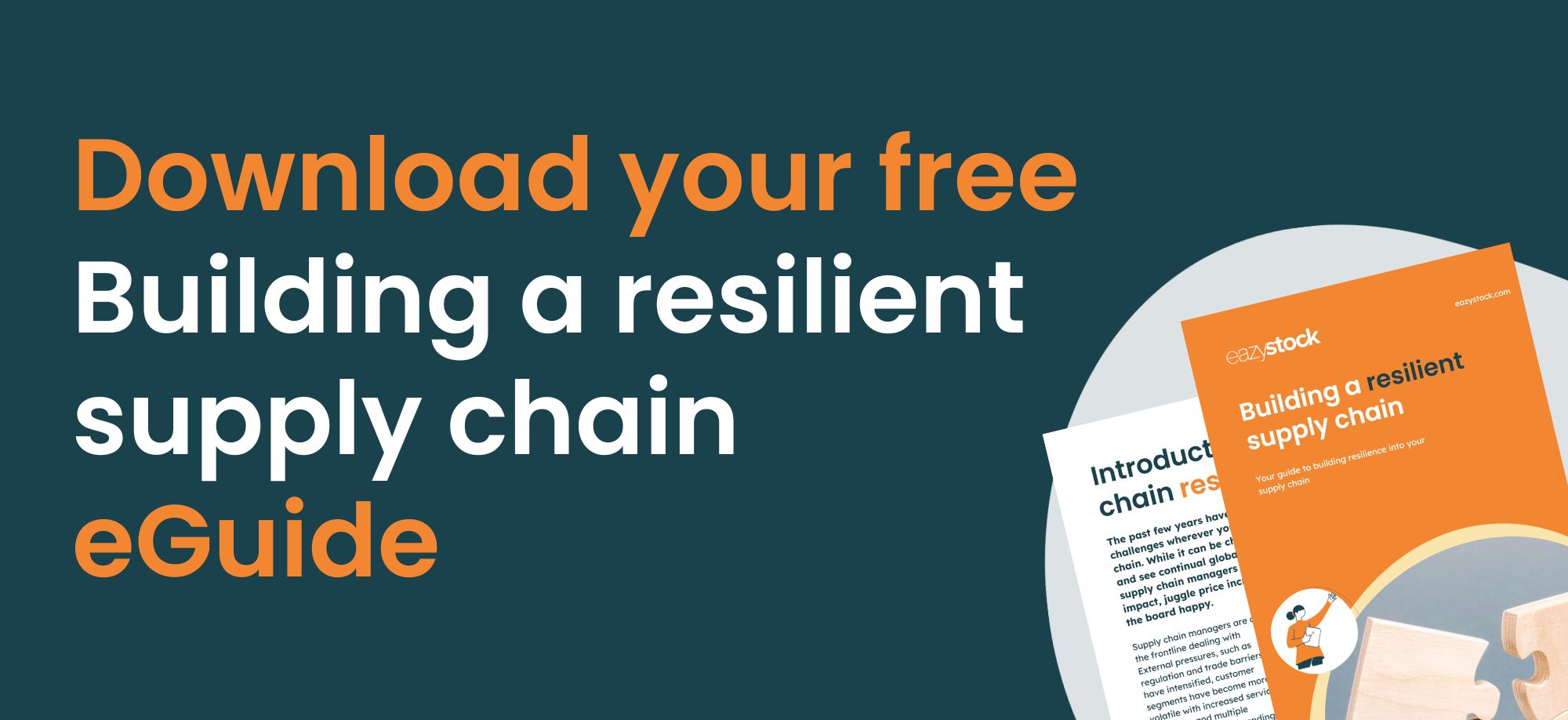ISO 27001 and information security
As technology advances, we use more connected devices in our working lives. This brings more opportunities for data breaches and cyberattacks. Downtimes from a security incident can have significant financial implications. It can cause lost business, and make customers lose trust and turn to competitors. There’s also the risk of regulatory fines. Therefore, businesses must safeguard their systems and devices against attacks and security incidents.
Information security, also known as InfoSec, is one way of doing this.
What is InfoSec?
Information security is a combination of processes and systems that protect confidential and sensitive information across business networks and infrastructures.

Why is InfoSec important?
There are many InfoSec threats, including poorly secured systems, cyberattacks, social media attacks and social engineering. Malware on endpoints, security misconfiguration and human error also pose risks, making secure systems vital for all businesses. We discuss these issues in more detail in our Introduction to Information Security blog.
Without robust systems, businesses are open to the attacks above. They risk losing information, reputational damage, poor customer experience and non-compliance with data privacy and protection regulations.
Information security programs and processes guide companies in applying the principles of confidentiality, integrity, and availability to security policies, protection, and plans.
What is ISO 27001?
Information security management systems (ISMS) provide guidelines to help companies protect their sensitive data and respond to data breaches to maintain business continuity.
One of the most well-known ISMS is ISO/IEC. ISO/IEC 27001 is the global standard that guides organisations in setting up and improving their information security.
By following ISO/IEC 27001 standards, businesses can proactively identify and address weaknesses. ISO/IEC 27001 certification demonstrates your commitment to secure and safe data management. It also instils extra confidence in customers, as it comes from an independent auditor.
Benefits of achieving ISO accreditation
ISO/IEC accreditation can:
- Secure all information in a central framework
A central framework makes monitoring and protecting your data in all formats easier. This enhances your data’s integrity, confidentiality, and availability and makes educating employees about their daily data security responsibilities easier. - Reduce your vulnerability and risk to increasing cyberattacks
By continually monitoring, reviewing and fixing any vulnerabilities in your systems, you can be prepared for new and evolving cybercrime threats. A comprehensive ISMS with incident response and disaster recovery plans means you can respond quickly to reduce the impact of any attacks.

- Ensure third-party compliance
Where third parties have access to your data, you can provide the ISO/IEC standards as a minimum security level for them to follow. This ensures your data is undamaged, confidential and available as needed. - Implement necessary security controls
ISO/IEC standards will show which security controls you need to implement so you don’t waste money on those you don’t need. This will save money and improve efficiencies by focusing on effective defence technology.
How to achieve ISO 27001 accreditation
To achieve ISO accreditation, you must implement an information security management system in line with the ISO0IEC 27001 standards. You can get a copy of the handbook Information Security Management Systems: A Practical Guide for SMEs and the ISO 27001 standard from the ISO website.
Once this is in place, an independent auditor from an accredited certification body will verify whether your information security management system complies with the ISO/IEC 27001 standard.
Once you have achieved ISO accreditation, you must continually review and assess your security measures to ensure you still meet the standards. This will ensure continuous improvement so you can respond to evolving threats.
Employers should implement regular training and updates for employees so they remain aware of threats and can be vigilant.
ISO-accredited suppliers
Sharing the minimum security levels you will accept with suppliers and third parties will ensure you’re fully covered regarding information security standards. You can make ISO/IEC 27001 the minimum requirements.
Knowing your suppliers have ISO accreditation guarantees that they take information security seriously. This means any data you share will be in safe hands, reducing the risk of security breaches and building customer trust.
EazyStock ISO/IEC 27001 accredited inventory optimisation software
At EazyStock, we take information security as seriously as we take inventory optimisation, not only for us but for our customers.

As part of Syncron, our information security management system is ISO 27001, ISO 27017 and SOC-2 Type-2 certified to protect against unauthorised or unlawful data processing, accidental or unlawful destruction, loss, alteration or damage, unauthorised disclosure of, or access to, customer data. We have an annual, independent third-party audit to ensure we continue to meet these standards.
All data centres have SSAE 18 Type 2 attestations and ISO 27001 certifications to support business and service continuity. Each data centre includes full redundancy (N+1) and fault-tolerant infrastructure for electrical, cooling and network systems. We also replicate our production database servers in near real-time to multiple availability zones.
If you want to learn more about our information security management systems and how we ensure the security and integrity of your data, read our data processing addendum.







